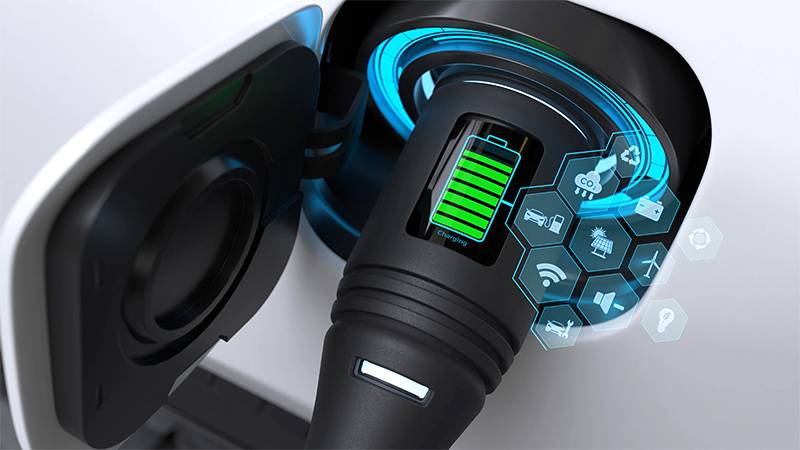In a pioneering move for environmental protection and sustainable resource management, New Jersey has become the latest state to outlaw the disposal of electric vehicle (EV) batteries in landfills. With the passing of the Electric and Hybrid Vehicle Battery Management Act last month, New Jersey has introduced an extended producer responsibility (EPR) law, compelling battery manufacturers to devise sustainable methods for the reuse, recycling, and proper disposal of discarded EV batteries.This groundbreaking legislation targets a wide spectrum of entities involved in the EV battery market, including manufacturers, importers, and entities holding brand or trademark licenses. It mandates that these companies formulate comprehensive plans covering the collection, transportation, remanufacturing, reuse, recycling, and disposal of used EV batteries. This initiative aims to foster a circular economy, addressing the hazardous environmental impacts of EV batteries, such as potential fires and chemical leaching into water sources, when they are left to deteriorate in landfills.New Jersey’s proactive stance on battery recycling is not an isolated case. It follows in the footsteps of the District of Columbia, California, and Washington state, all of which have enacted similar EPR mandates in recent years. As of June, New Jersey’s commitment to sustainable EV battery management is underscored by the presence of 123,551 registered EVs in the state, reflecting a growing market and the urgent need for robust recycling infrastructure.
 “We developed guidance for those in the growing recycling industry that will support innovation, job creation and environmental stewardship from reusing materials and parts,” said New Jersey State Sen. Bob Smith, chairman of the New Jersey Senate Environment and Energy Committee and sponsor of the bill, in a statement.
“We developed guidance for those in the growing recycling industry that will support innovation, job creation and environmental stewardship from reusing materials and parts,” said New Jersey State Sen. Bob Smith, chairman of the New Jersey Senate Environment and Energy Committee and sponsor of the bill, in a statement.
According to GreenBiz, the legislation not only champions environmental stewardship but also promises substantial economic benefits. It paves the way for innovation and job creation within the burgeoning recycling sector. New Jersey State Sen. Bob Smith, a key proponent of the bill, emphasizes the dual benefits of environmental protection and economic growth through material reuse and recycling. Reinforcing this economic potential, Toyota’s recent partnership with battery recycling company Cirba Solutions highlights the cost-saving advantages of efficient battery recycling logistics.Further bolstering the initiative, the federal government has introduced incentives like the Battery and Critical Mineral Manufacturing Production Tax Credit and the Battery and Electric Vehicle Manufacturing Tax Credit. These incentives aim to financially support companies engaged in the recycling of EV batteries and the procurement of essential minerals and technological components used in battery production.The law’s implementation timeline spans from 2025 to 2027, setting a firm trajectory for the transformation of EV battery disposal practices. By January 2025, all EV battery producers must register with the New Jersey Department of Environmental Protection (DEP), with the law’s full provisions coming into effect by January 2027. This legislation marks a significant milestone in New Jersey’s journey towards sustainable resource management and environmental conservation, aligning with broader national and global efforts to combat environmental degradation and foster a greener economy.
More inspiring green news similar to this:


